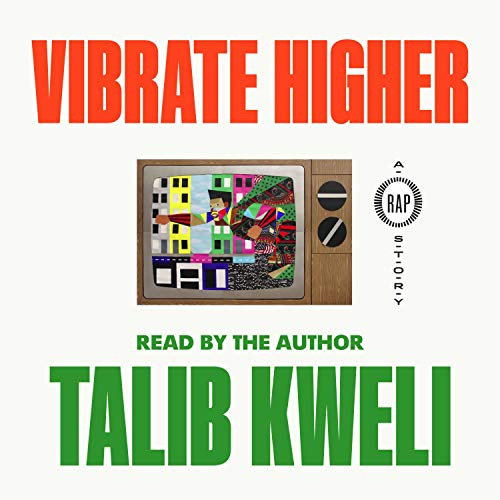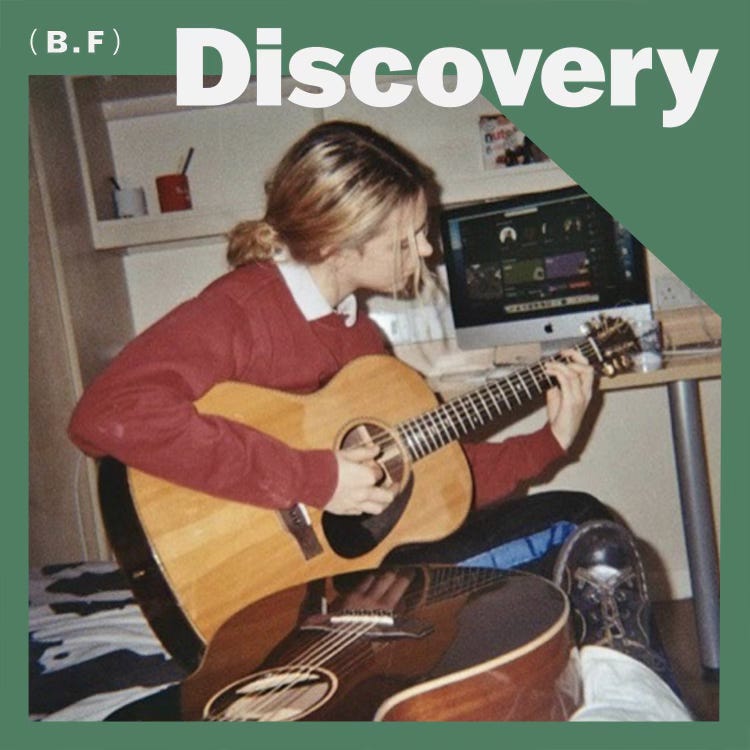IDLES: Tender Hooligans
Violent delights may have violent ends, but with the arrival of their fifth record TANGK, IDLES has reached a different kind of conclusion: one of tenderness. Since the band’s inception, they have railed against the public imagination of their image; Bristol’s beloved sons cut through the noise of the overflowing British post-punk circle pit with a violent spirit, yes, but also with gentle minds.
IDLES, as frontman Joe Talbot has made very clear, are “not a fucking punk band”. They were valorised for their 2017 debut album Brutalism: a state-of-the-nation address which forced us to confront the reflection of Britain which had been fractured by the outcome of the Brexit referendum. Their instruments were inflicted with the threat of a well-sharpened switchblade, swallowing you whole in cyclones of blue-collar vitriol. Here was a country atrophied by its paranoia and the Conservative administration, and IDLES skewered its bitter realities with wit, positivity and rallying spirit.
“The best way to scare a Tory is to read and get rich”, was one such proclamation made by Talbot, their raw-throated hellion. His lyrics, as unambiguous as a kick in the teeth – or, to their detractors, unchallenging, low-hanging fruit – were seemingly destined for the protest banners. When it comes to punk, if it looks like a duck, swims like a duck, and quacks like a duck, then it probably is a duck.
But that would only be telling half the story, only a small measure of this band’s intention and capability. IDLES have fought, with white-knuckled determination, not to change your mind (because, as they often underline, they couldn’t give a fuck about that) but to keep pace with themselves in an arm’s race against their own ambition.
Talbot is a complicated figure. What makes IDLES so compelling, even with their occasional heavy-handedness and directional misfires, is his commitment to honesty. The Welsh-born artist doesn’t just wear his heart on his sleeve – it’s tattooed there. From the beginning, Talbot has found words for his trauma when others would choke on them. As a teenager, his mother had a stroke and was paralysed; following the death of his step-father, he became her primary caretaker until her death four years later.
Brutalism was an exorcism of his grief for the maternal figure he lost twice: once physically, but long before that, to alcoholism. She is the woman depicted on the cover, and for its limited-edition release, hers are the ashes pressed into the vinyl; the foundational relationship in his life around which all others with women have orbited. And Joy as an Act of Resistance’s “June” rings out with the finality of a dirge about the loss of his first daughter Agatha, who was stillborn. It was a song he never planned to share, but he recognised the importance it could hold for grieving parents: “A stillborn but still born / I am a father.” The substance of this band has always been far more nuanced than their surface.
After 2020’s satirical Ultra Mono in which IDLES caricatured themselves in retaliation against their critics (“How d’you like them clichés?”), it marked the definitive end of something, the final word. They doused the idea of IDLES in lighter fluid and consigned the whole thing to inferno. What survived was Crawler, an act of rebirth and transition. It was the first record to substantiate Talbot’s claim that IDLES might not be a punk band, after all.
Rather than mining the world beyond, for the first time, the band looked within themselves. Talbot wrestled with substance abuse, recounting a near-fatal motorcycle crash that proved to be the nadir of his addiction; on "MTT 420 RR", he paints a scene of unflinching violence: “I can see my spinal cord rip high”. And, in turn, he confronts his mother’s own addiction in "The Wheel" and the legacy of intergenerational trauma. But, more than that, it marked a sonic reinvention. The violence wasn’t to be found in its maximalism, but in its selective, devastating detail. Who could forget the portent of the rhythmic jangling of car keys on its opener? The grime-driven "Car Crash" which blares like a smashed-up radio? Or its true outlier, "The Beachland Ballroom", in which Talbot manifests as a soul singer taking us on a bittersweet slow-dance?
It felt like IDLES were on their way to something, and with TANGK, there is a sense of hard-earned arrival. In its 40 minutes, Talbot says the word ‘love’ 29 times, alighting upon an epiphany that is remarkably simple after all that searching: “No god, no king, I said love is the thing.” If they are to fall to any extreme, then let it be the side of softness.
Read the full story by Sophie L. Walker now over on Best Fit.
Blondshell performs ‘Tarmac 2’ in a Best Fit session at Iceland Airwaves
Teaming up with Record in Iceland for the film, we headed to Studio Bambus in the Reykjavík suburbs where Sabrina Teitelbaum performed the track, taken from the special deluxe version of her debut album. Record in Iceland is a refund programme offered by Iceland’s Ministry of Culture and Business Affairs that gives anyone who records their music in Iceland a 25% refund on all recording costs incurred in Iceland. All you need to do is submit the total cost related to your recording – including travel, accommodation, wages and even post-production like mixing and mastering. The refund will go through in the following quarter. It’s that easy – and makes Iceland the smart and easy choice for anyone wanting to find an inspiring location to record their next album.
Simu Liu on “It’s Raining” by Rain (비)
I lived in China before moving to Canada as a kid, and my parents used to take me back there during the summers to visit family, for maybe four or five weeks at a time. I remember one trip, when I was around 15 or 16 years old, and my cousins were obsessed with this guy Rain. They showed me the music video for “It’s Raining” and I was really blown away.
My reaction made me wonder why I it was so surprising to me, and I think what it came down to was that I had consumed so much Western media and, through that, had really accepted a very Western-centric worldview of entertainment and music. It never occurred to me that there existed a world where people who looked like me could be popstars and idols. That just didn’t feel anything like a possibility. But then there was Rain, this six-feet-tall guy, shredded like all hell, who was a talented singer and a great dancer, basically doing what Justin Timberlake was doing in the US, and he was one of the first solo K-pop artists that really broke internationally.
I haven't really talked about representation that much with you, but obviously it's a very big part of my life and the journey that I've chosen for myself. I do think representation in film has been quickly changing and evolving, especially in the last five years, when you specifically talk about Asian American and diasporic Asian representation. But the music industry, I think, is still very, very far behind. Obviously K-pop has ballooned into this massive commercial juggernaut, which is awesome, but as somebody who grew up in the West, it’s still a very different lived experience and a very different perspective.
Being back in China as a teenager was like looking through a window into what my life would have been like if we had never left, and what was really cool about that is that representation wasn’t an issue. People who looked like me were doing everything. Yes, we were doctors, lawyers and all those things, but we were also musicians and actors and idols. And I think that this song, and Rain specifically as an artist, really planted in me the idea that anything was possible. Otherwise, I don’t think I would necessarily have had the courage or motivation to really take those first few steps as an actor. I would have had no blueprint.
Rain did actually attempt to break into Hollywood at one point, but he wasn’t a native English speaker so there was something of a language barrier. But he played the lead role in a movie called Ninja Assassin, which was really cool, and he was in the Wachowskis’ movie Speed Racer before that, so, to my mind, he was really the epitome of Asian representation for a time.
He was definitely a blueprint for me in terms of figuring out who I wanted to be and how I wanted to express myself. He was really confident and swaggy. He wasn’t afraid to show his abs and flaunt his sexuality a little, and he was cheeky with it too. So, on some subconscious level, for me it was like, ‘Oh, Asian men are allowed to be sexy. That’s cool to know.’ Because, in the Western world, I don’t think Asian men necessarily saw ourselves portrayed in that kind of way.
It does seem like there are a lot of people coming out of the K-pop system who are deciding to make music in America and be a part of that community, and that’s been really incredible to see. But I do think it’s still very much an uphill battle. Asian artists being up for Best New Artist at the Grammys and things like that are still very few and far between
Three things to get excited about this week
The episode: “Curation” has become the buzzword of the 21st century music industry. Rather than combing through record store bins — or even flipping through a physical magazine — music lovers these days often find their new favourite artists on digitally-mediated forums (like us!). But the world of curation (particularly what curators do and how they do it) can be a bit of a black box for those outside the industry. Few single organizations have had more to do with the “curation” boom than Spotify and its editorial team. This week, Spotify’s Global Head of Editorial, Sulinna Ong, sat down with Nicky Reardon on the Share Your Screen podcast to discuss just that. Ong discusses how Spotify approaches curation, fusing the art and the science of music discovery, and how artists have launched their careers on Spotify. Check out the episode here.
The book: For those interested in the Hip Hop scene, Talib Kweli’s Vibrate Higher: A Rap Story is a true treat. Following Kweli’s life and work, Vibrate Higher is at once a memoire and a call towards revolutionary thinking. Whether discussing life as a self-proclaimed “nerd” in Brooklyn or collaborating with the likes of Mos Def and Kendrick Lamar, Kweli has seen it all. With this volume, he presents us the opportunity to be students of his mastery.
The store: Visiting a friend this weekend, I stumbled upon a little store in Philadelphia called Repo Records. As we’re dedicated to helping build our community of music lovers, it seemed appropriate to shout them out in this week’s Dispatch. The store has a thoughtfully curated assortment of records, CDs, cassettes, and rare merchandise. If you’re in the PA area and looking to shop local, they’re worth a visit.
Listen to the week in new music by following our Discovery playlist
Dropping at midnight every Thursday, follow our 20-track playlist for a taste of the best new music from the most exciting breaking artists.
These are the songs our editors and writers have on repeat right now, taken from the hundreds of tracks released in the last seven days. Leading the selection this week are new tracks from Hailey Knox, b0dies, Artemas, MRCY, and coverstar Chloe Slater.







